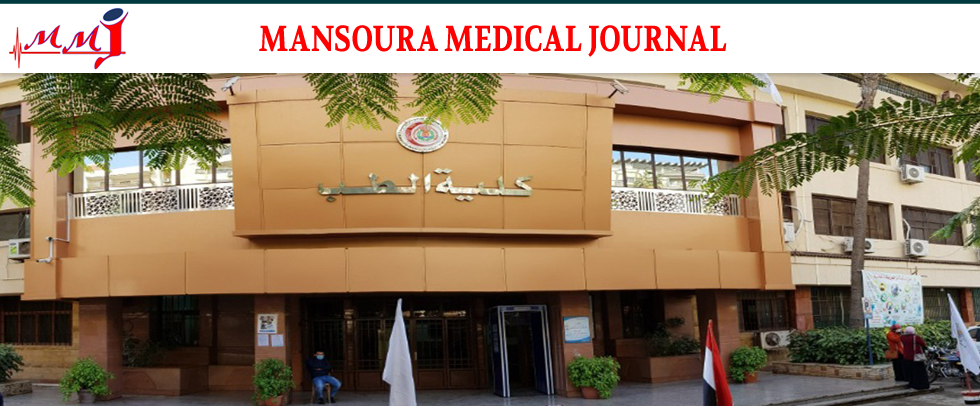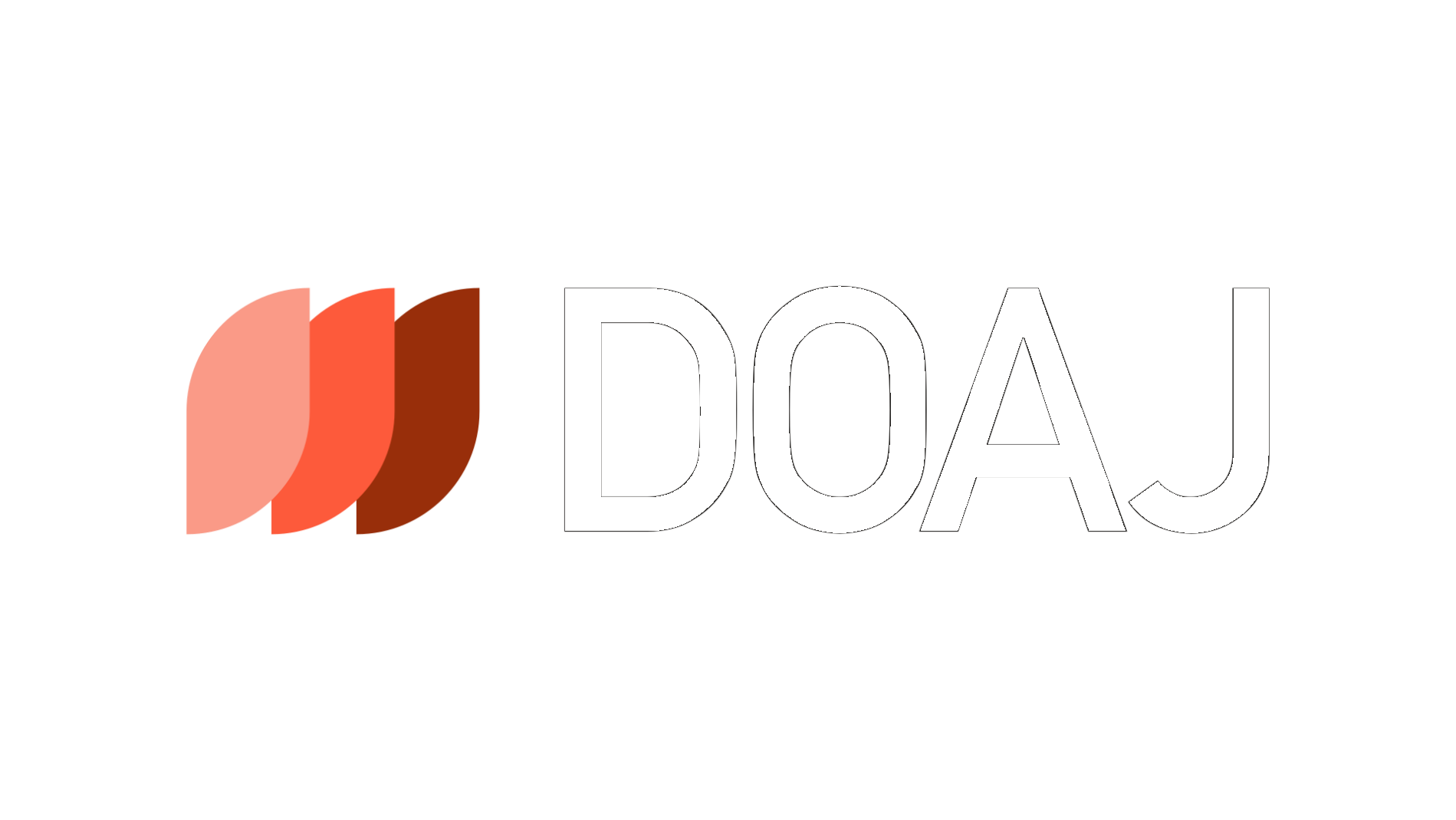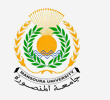Subject Area
Endocrinology
Article Type
Original Study
Abstract
Background: Diabetic retinopathy (DR) and diabetic kidney disease (DKD) are prevalent microvascular complications of type 2 diabetes mellitus (T2DM). The objective of this study was to examine the potential relevance of urinary kidney injury molecule-1 (uKIM-1) as a marker of DKD and DR in cases who have T2DM. Methods: A cross-sectional study has been performed among 60 cases with T2DM. They were subdivided into 30 patients with albuminuria and 30 patients without albuminuria. Sociodemographic data, fundus examination, laboratory investigations involving fasting blood glucose (FBG), fasting insulin, HbA1c, HOMA-IR, lipid profile, creatinine, and urinary albumin to creatinine ratio (ACR) have been obtained from all patients. For all patients, uKIM-1 was assessed using ELISA technique. Results: Forty eight percent of patients had retinopathy which was higher significantly among patients having albuminuria. HOMA-IR and ACR were also significantly greater among patients with albuminuria, whereas cholesterol and LDL were significantly lower among them. The concentration of uKIM-1 was significantly greater among cases with albuminuria and also among patients with retinopathy regardless of the occurrence of albuminuria. ROC curve analysis showed a significant diagnostic performance of uKIM-1 in predicting the presence of albuminuria and retinopathy with AUC of 0.752; 95% CI: 0.624-0.855 and AUC= 0.709,95% CI: 0.577-0.819, respectively. Conclusion: Cases with T2DM having albuminuria are at a higher risk developing DR and both have higher levels of uKIM-1. Among studied patients, uKIM-1 could predict the presence of retinopathy and albuminuria.
Recommended Citation
El Feky, Amr Y.; Ghanem, Yehia M.; Abdelaaty, Talaat A.; Elbordeny, Magdy M.; and Neanaa, Rabab H.
(2025)
"Urinary kidney injury molecule-1 as a biomarker for detection of albuminuria and retinopathy among patients with type 2 diabetes mellitus,"
Mansoura Medical Journal: Vol. 54
:
Iss.
1
, Article 5.
Available at:
https://doi.org/10.58775/2735-3990.1437
Creative Commons License

This work is licensed under a Creative Commons Attribution 4.0 International License.



